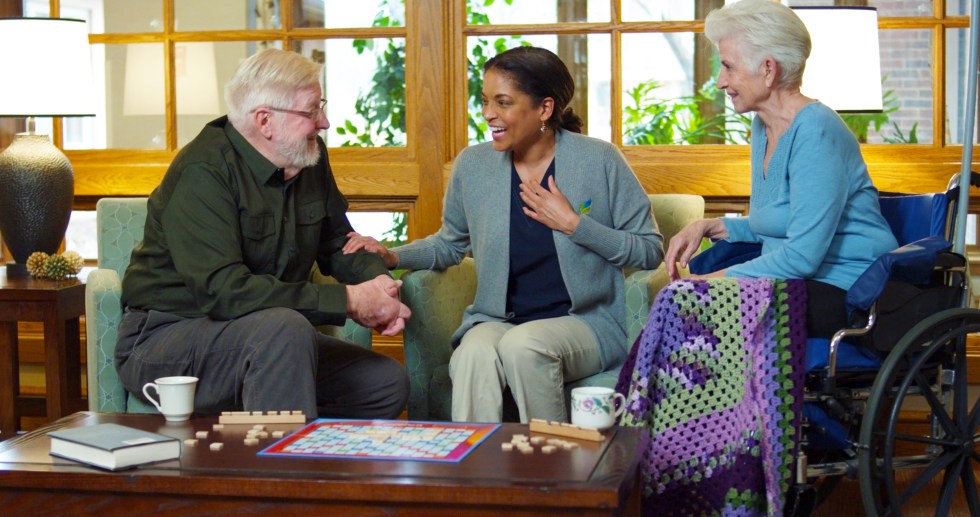
If you ever wondered what a licensed practic nurse (LVN), does, then you aren't alone. LVNs work in healthcare facilities, caring for the convalescents, disabled, the injured, and the sick. They also maintain patient records.
LVNs monitor patients' vital signs
LVNs have the responsibility of providing safe, compassionate, and focused nursing services. They need to be sensitive to the needs of patients and assess their own competence, skills, and training. When assigning patients, LVNs should consider their safety. They are trained for the identification and response to signs of deteriorating medical condition.
A LVN is responsible for many tasks such as monitoring the vital signs of patients and maintaining patient records. They can also assist patients with their basic hygiene and personal care, as well as administering medications, injections, or catheters. They can also help patients change their dressings and bathe, as well as administer medication, injections and catheters. The scope of practice for an LVN varies, but they must always work under the supervision of a registered nurse or physician.

They keep their records up-to-date
Safe maritime practice depends on the accuracy of LVN charts. Not only does LVNs need the most recent information, but they must also be able identify and apply pertinent notices to the charts that they are using. This is a violation to SOLAS and can cause the ship to be in danger. Additionally, it can result in action by port state control officers.
They interact with patients and their families
As a registered vocational nurse, there are many opportunities for you to provide care to patients. As a licensed vocational nurse, you will be able to provide care for patients and their families. Many opportunities exist for LVNs to progress, including those in nurse practitioner and physician's assistance roles.
LVNs who work at emergency departments often have to deal with emergency patients. These nurses need to have great interpersonal skills in order to communicate with patients' families. They must also learn to use medical machinery and maintain a high level of patient safety. They also help ensure the operation of the emergency rooms runs smoothly.
They communicate with RNs
LVNs assist patients with medical care every day, and they communicate with RNs. They provide care for patients by taking vital signs, preparing medications, and reporting adverse drug reactions. They are involved in routine lab testing, and they work closely with the physicians. The close relationships between LVNs with patients provide a high degree of job satisfaction. LVNs are also able to promote hope, healing, health, and hope, which is one of nursing's core values. They enjoy varied and diverse working environments and numerous opportunities for professional growth.

An LVN can relay orders to you from a physician assistant. But you must confirm each order with your physician. LVNs cannot perform CPR unless a DNR has been issued. LVNs cannot pronounce a patient's death but may follow a physician’s instructions for post-mortem and death pronouncement.
They work on weekends, nights, and holidays
LVNs provide patient care in a variety of ways. Triage, preparation for examinations, collection of laboratory tests and patient education are just some of the many tasks that LVNs can perform. They should also be flexible and willing and able to work weekends, holidays, and nights. LVNs typically work full-time, but some positions may require them to work evenings and weekends.
LVNs are frequently employed in hospitals and nursing facilities, where they provide basic care and comfort measures. They may work during weekends and holidays, and may work alongside registered nurses or doctors. Some LVNs also work in patients' homes.